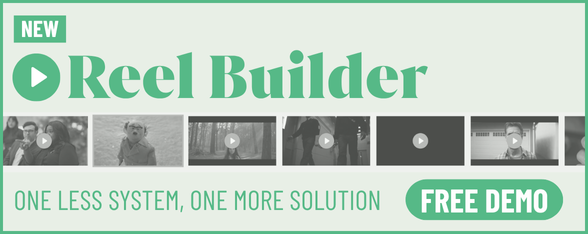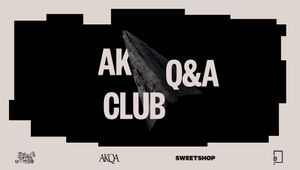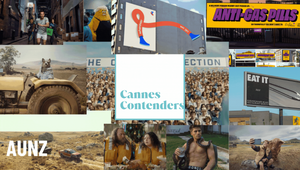
AI is “Microwave Dinner” and Craftspeople Michelin-Starred Chefs

While artificial intelligence is quick, cheap, and easy, that makes it the equivalent of a microwave dinner, according to one senior creative and maker: “frozen in the middle”, “burnt on the ends,” and “fucking plastic.”
Jae Morrison, a creative director who worked for Colenso BBDO and TBWA in New Zealand before becoming a director and musician, said the AI ‘microwave’ is revolutionary for parts of the creative process. But a ready-meal doesn’t taste or feel the same as one that’s home-cooked, or prepared by a Michelin-starred chef.
“I reckon we are firmly, in a visual and creative sense, in the age of the microwave dinner,” he said, speaking at the inaugural Q&A Club Auckland event last week, moderated by LBB.
“It's frozen in the middle. It's burnt on the ends. It's fucking plastic and shit. Now, if you've been raised on that crap, that's a meal.”
A microwave is a useful kitchen tool, he argued, but it isn’t a substitute for a chef who understands how to prepare, cook, and serve food. Jae said he wants “cheffing, home-cooked meals, human stuff.”
“Yes, Michelin chefs can use a microwave better than you. It will be amazing. And that's the premium craft aspect. I want a home-cooked meal. I want to feel love. I don't want just this plastic thing.
“There is necessity, and times when you can't afford that sort of stuff, but if you have the luxury of developing taste … and you like cooking or the visual equivalent of it, whether it's ideas, sound, whatever, the metaphor applies to all those industries. So yeah, fuck off microwave dinners.”
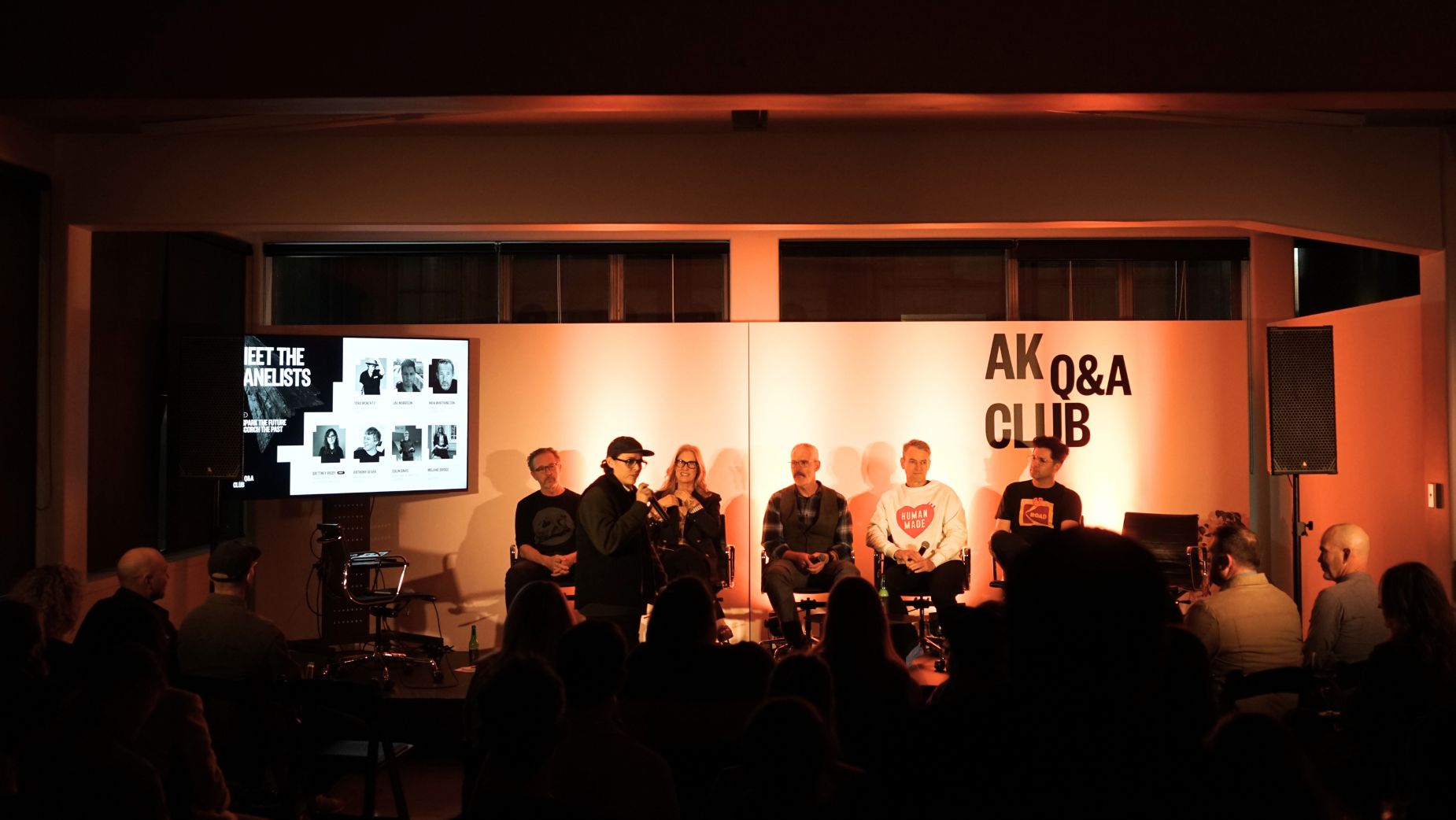
WPP agency AKQA launched the event series alongside production company The Sweetshop and Little Black Book; the first was hosted last Thursday night at The Tuesday Club in Auckland. Designed to provide a forum in which the industry can debate, discuss, and deliberate over the biggest issues, the debut provocation was whether AI will ‘scorch the past’ or ‘spark the future’.
AKQA’s chief creative officer across Australia and New Zealand, Tara McKenty, a New Zealander now based in Sydney, agreed with Jae that, “AI is going to make mediocre obsolete, and it's going to make great creativity a luxury. Aotearoa can export that luxury and that product and shift that great creativity, but we need to come together to do it and do it well.”
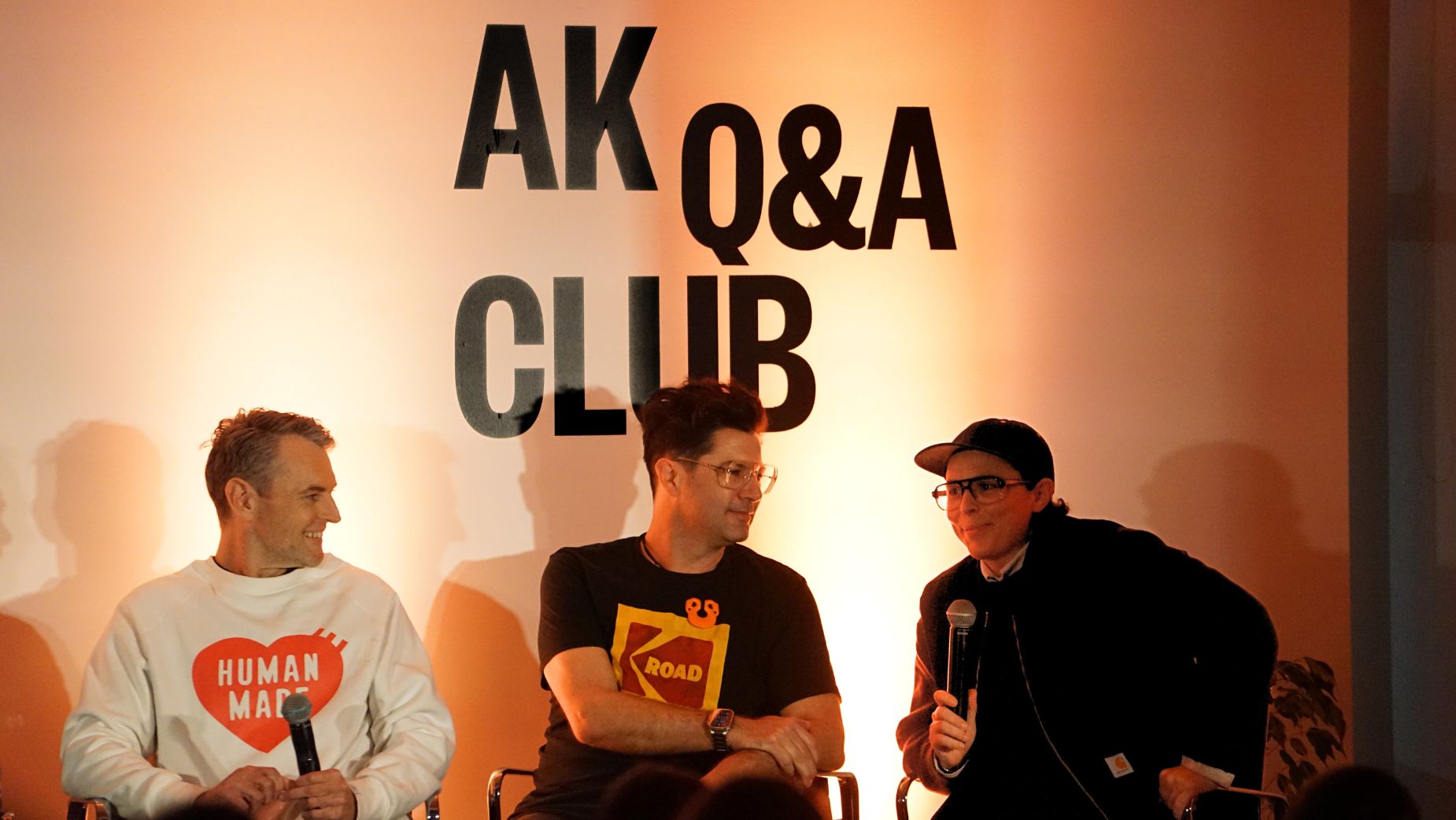
Jae and Tara were joined by The Sweetshop’s CEO Melanie Bridge and global head of innovation Colin Davis; TikTok’s head of creative lab across AUNZ, Anthony Dever; and founder of The Tuesday Club, Nick Worthington.
The latter formerly served as creative chair at Colenso BBDO, sat on Publicis’ global creative board with David Droga, and worked under advertising legends like John Hegarty at BBH and David Abbott at AMV BBDO.
He was optimistic about AI’s potential to supercharge, rather than diminish, a big idea. “I'm seeing it as an extraordinary tool. And I've seen a lot of extraordinary tools come and go that have been billed as going to decimate an industry, and every time, they liberate creativity.”
Nick remembered researching at the library -- “not many creatives could be arsed to do that” -- and the way possibilities multiplied with the introduction of the internet. While he likened AI to “the satellite thing for Starlink”, his internet company, or “a radio that’s come from space and there’s no instructions”, Nick argued a creative’s fundamental job hasn’t changed.
“If you've got a creative mind that can make connections, can see something that sparks an original thought, then that's not gonna go away.”
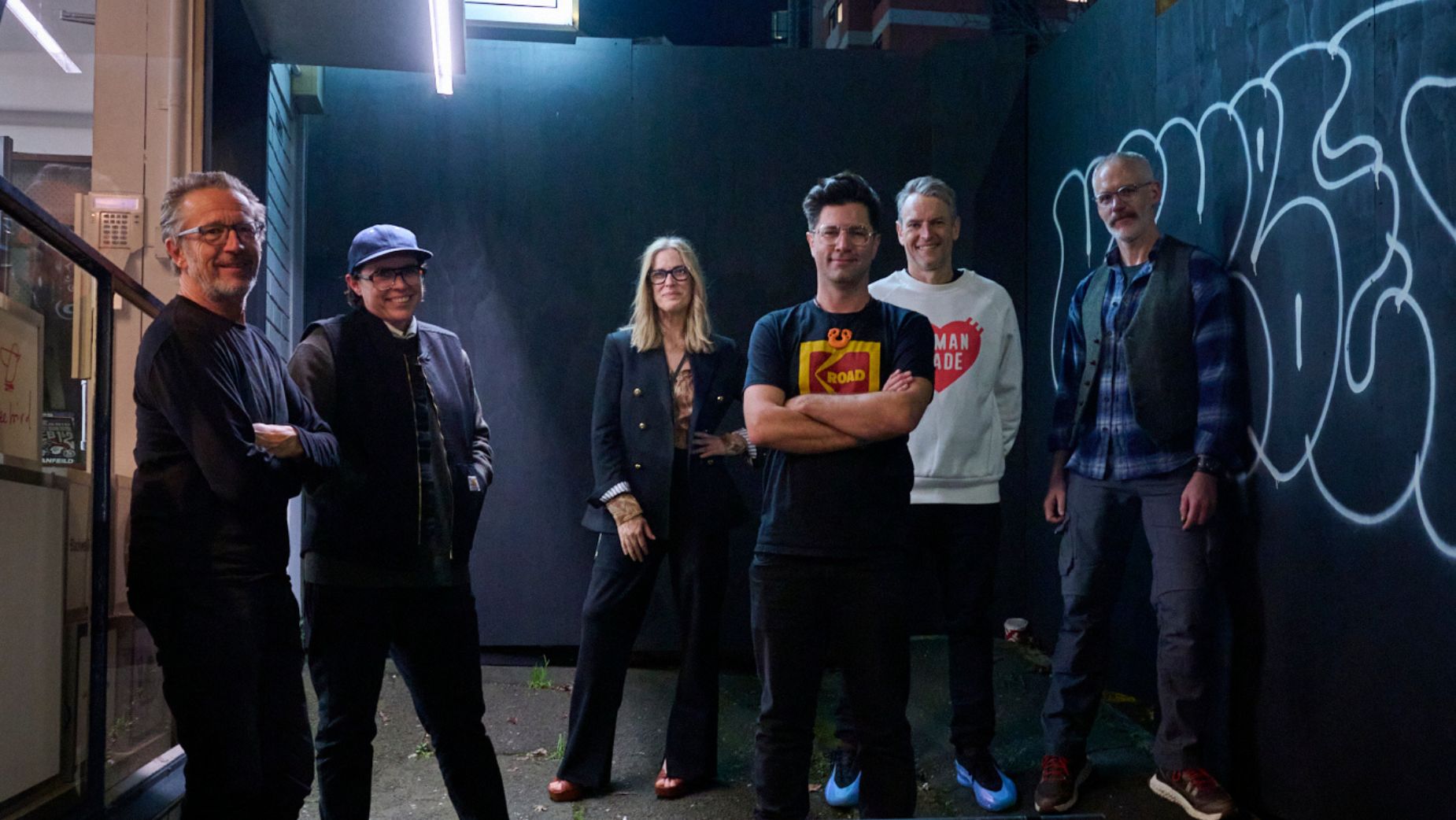
Craftspeople will continue to be the key ingredient in “cooking up” business-building, category-breaking, and culture-making work. Nick said ideas with that level of potential are often accompanied by challenges, whether budgetary, logistical, or “just the dream’s a little too warped.” The key is finding craftspeople -- who “have always used tools, right” -- with the experience and talent to discern between ‘technically right’, and artistically right.
“You can send other people into the library to get a reference,” Nick said, “and [directors] Spike Jonze, Jonathan Glazer, Michel Gondry, whoever it is, they'll come back out of that fucking thing, not with a picture, they've got a word. And you go, 'Oh, you bastard, that is fucking it'. And you build the whole thing around just this incredible ability to zone into the core of the thing you're trying to communicate to other humans. And it's so fragile.
“Editing is a craft. When you spend 10 years editing, an editor has an ability to move two frames, and anyone else doesn't know why, but they can feel it. They can feel that it's different. It's like a beat in music, [which can feel] kind of correct, but it's not good. And then you get an artist, a human, that can translate those things and [who has] a craft. And they take something, that, if you're just adding the ingredients up, should be equal, but they're not, because somebody has got this extraordinary ability.
“So that's all you do, you hunt out the people who are creating the best work ... and then you learn from them.”
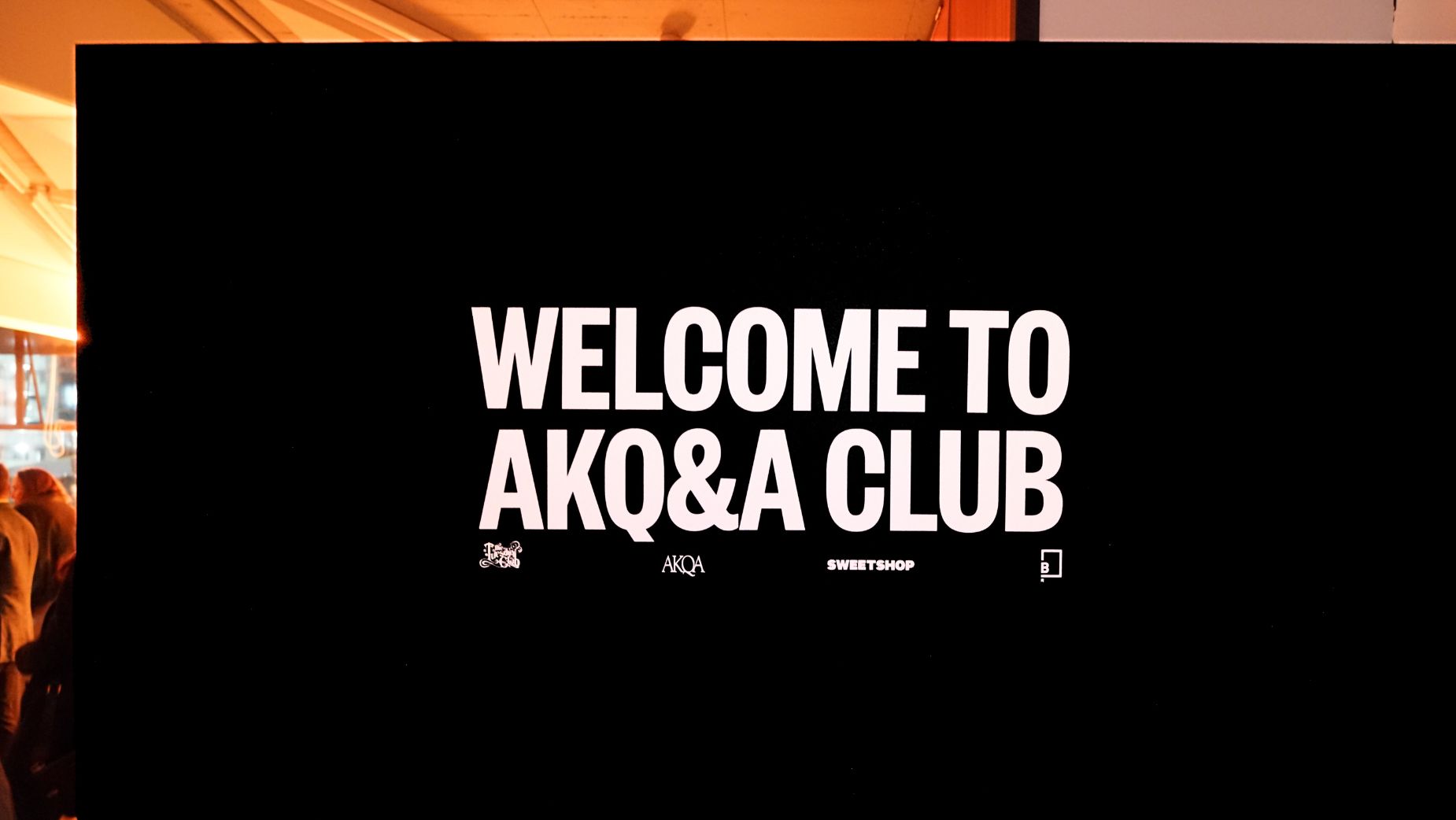
Colin added “a lot of the best practices we have in the creative industry are products of economics, not the properties to make the best art” though, so he hopes AI “can help unpick some of that”. Melanie agreed; she wants AI to ‘scorch’ “unnecessarily repetitive things” so marketing budgets can be strategically invested in craft.
But the conversation is still stuck on efficiency, Colin explained. AI should be about doing “better with different, not more with less”, and businesses have the opportunity to use AI to create, not replace. But how many clients are realistically asking for that? “Almost none.”
That’s because “the only thing they can see is that efficiency pull, and that's what they're asking for.
“There's been so much hype across so many areas that there is an expectation in Wall Street that there should be demonstrable 20 to 30% cost savings and efficiencies. There has been a very knee jerk, fast paced rush to implement anything that results in savings.”
TikTok’s Anthony, a former agency-side strategist at the likes of R/GA and TBWA, agreed some businesses are overestimating how much AI can and should replace their current creative efforts.
“People who've never made ads are quite literally building on whiteboards what they think the process should look like,” he said. “They think they can make an ad system, because the tools look easy on LinkedIn.”
Colin joined The Sweetshop in June after eight years at Nexus Studios, where he contributed to Pedigree’s Cannes Grand Prix, Immortal Award-winning ‘Adoptable’, led by Kiwi agency Colenso BBDO. That campaign used AI to create studio-quality images of shelter dogs at scale – the work wasn’t watered down with the technology; it wouldn’t exist without it.
Similarly, “photography was seen as a bad version of painting,” Colin explained, but it ultimately led to cinema. “If you didn't have the ability to create 24 frames a second, we wouldn't have thought of capturing motion that way.
“We're in the faster painting era with AI, where the only thing clients can see is doing the status quo, but faster, with less people, with less time, less money.”
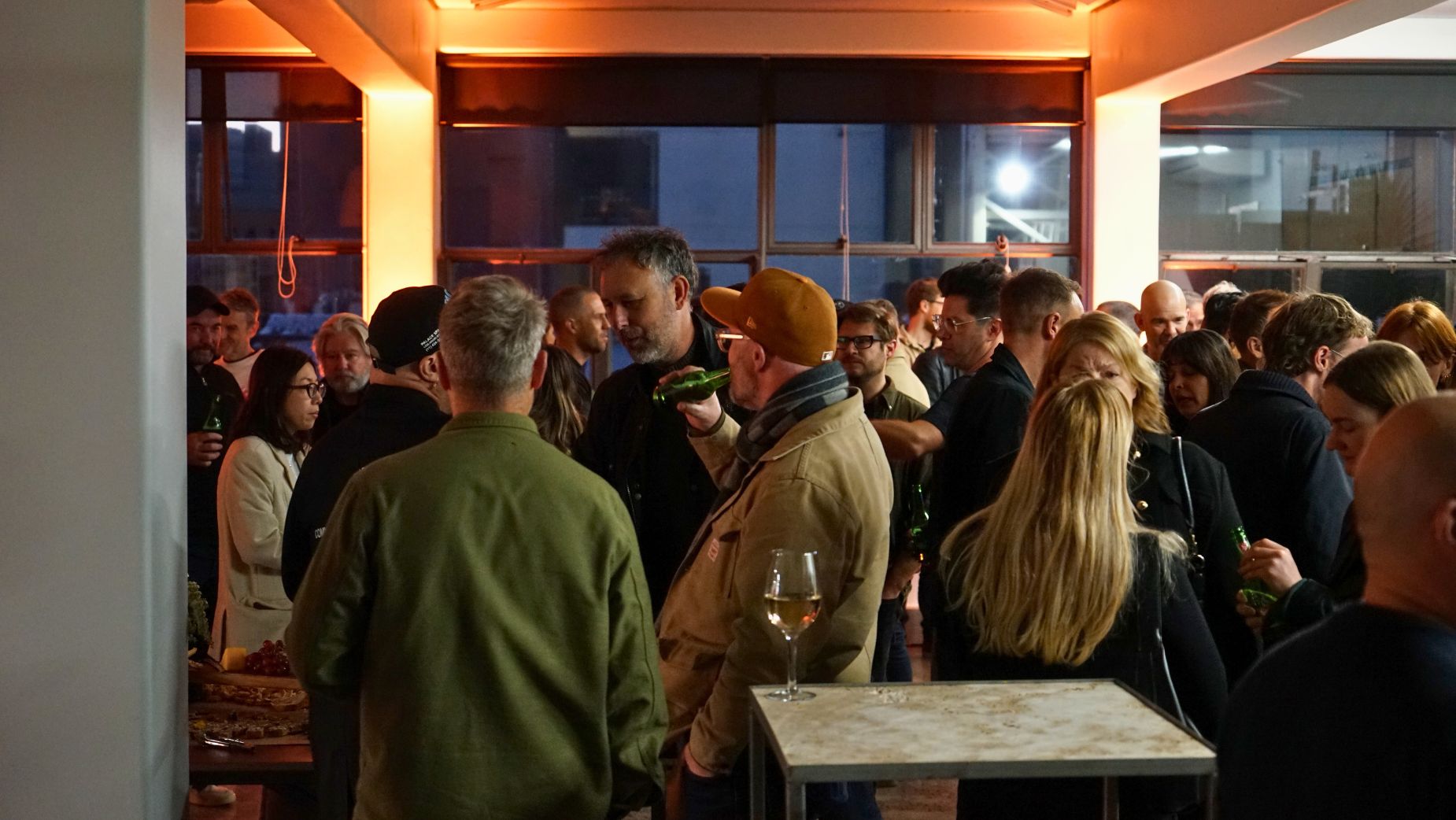
Colin works within The Sweetshop’s AI creative studio, The Gardening Club, which Melanie created after seeing the capabilities of OpenAI’s video generation model, Sora. She spent the day in bed, anxious about the future of production, and woke up with a plan to build an AI unit. Jae had a similar reaction to Sora: he took a mental health day, then learnt the tools threatening to take his job.
The result was ‘Elephants of Avalon Beach’, an AI short film. Jae was volunteering for the surf lifesaving club at Sydney’s Avalon Beach when he heard about the elephants that used to graze on the sand dunes between the 1940s and 1960s. Just three photos of them existed. Using AI to make something he couldn’t otherwise wasn’t quick and easy, though.
“It was kind of an Ouroboros, because I was using it so often for elephants and water, it was starting to reference its own generations. And so stuff was getting worse and worse.
“Fortunately, I had an amazing collaborator who photographed the shit out of that beach, and anytime I put in fresh stuff, whether it's art or human perspectives, the work got better. I had to rebuild virtually everything. But god, it gave me a quick starting point.”
He could cut a clip “right before my suspension of disbelief falls apart” and use his trained eye to “tell what I was not enjoying about [a] particular shot.” It resulted in a greater appreciation for both AI and humanity. Asked what he finds over- and underrated about the tech, Jae said, “We're underrating ourselves as creative people who have lived. We have lived experience.
“This is a multi-sensory thing, the wind on your face, walking on a beach, things that actually connect us to the world. When we put fresh stuff into this meat grinder, it's always more interesting what it spits out. Relying on it to generate a facsimile of something good when you've actually been on this earth, I think that's really overrated.”
-
Feature image shot by Aurelius Vincent






